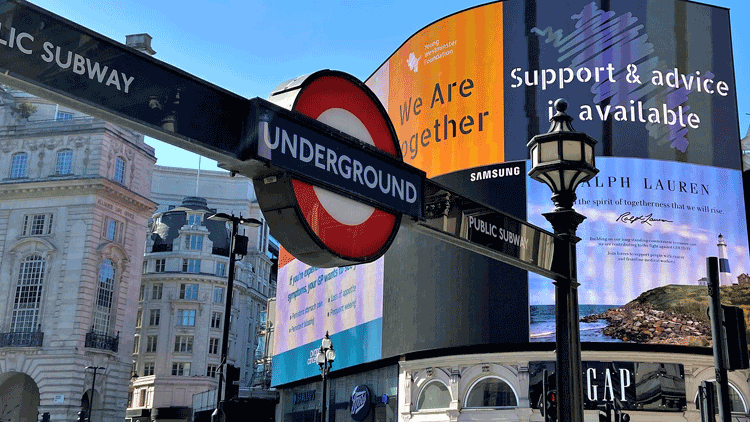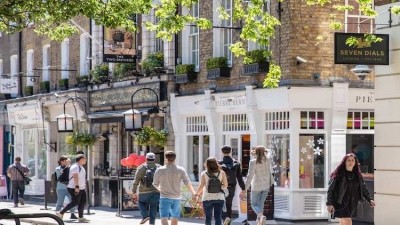Comment
Comment: The future of hospitality is in the Government’s hands

There was some consternation as to the choice of date. While 4 July leant itself to creative headlines, from Super Saturday to my personal favourite, ‘Sardine Saturday’, perhaps a Monday or Tuesday would have been better?
Some restaurants opened their doors with tables spread out, temperatures being taken on arrival and face masks everywhere. Lots of pubs planned ahead and opened to a typically grim summer day. The dark clouds above created an atmosphere as grim as the rental debt mountain building up for operators and being kicked down the high street.
Soho’s streets were packed, and the police had a busy day and night dealing with overcrowding and anti-social behaviour as Joe Public struggled to remember what social distancing actually means. Helpfully, Westminster Council has just announced plans to ensure nobody forgets, including a mandatory ‘no seats, no service’ policy and the introduction of demarcated enclosures for outdoor seating areas.
There was not much cheer on Monday morning among operators either, with the levels of turnover across the board disappointing and future booking levels not looking good at all. Something needs to change to get people to go out again and to do so on a regular basis.
The government has not helped either with their vague messages on going to work, and confusing messages on use of public transport. The government’s coronavirus website is currently instructing the public to ‘stay at home as much as possible’ and, most harmfully for operators in central London, ‘to work from home if you can’. Added to this is the instruction not to use public transport, yet we are all being encouraged to shop, eat and drink as freely and regularly as possible.
So we are not supposed to go to the office or use the Tube? Yet when should we go to the office? And surely operators need London’s four million commuters to return to have half a chance of surviving? The contradictions are obvious and damaging.
"Something needs to change to get
people to go out again and to
do so on a regular basis"
Walking around Soho and Mayfair during working hours at the moment is depressing, with barely a soul on the streets and most shops, restaurants and some pubs still shuttered. Meanwhile, those that have taken the plunge are likely to be losing money at the moment. The situation is untenable, even with the VAT reduction and ‘Eat Out to Help Out’ initiative. Before long, many of London’s operators face choosing between remaining open at a loss or closure.
There is nowhere near enough demand for those brave operators that have re-opened. Office workers are staying home in line with the government’s guidelines. Apparently, only 7,000 of Canary Wharf’s 100,000 workers have returned to their offices and the picture is the same across London. Pret in St Paul’s, for example, is reporting a 90% drop in sales. Throw the lack of tourists into the pot and the situation looks bleaker than last Saturday’s skies.
The government surely now needs to do more to support the hospitality industry. The continued financial support is welcome, but we also need clearer direction as to what we can do and when. There needs to be a drive to get people back to work in their office and out eating and drinking again. And it needs to be said now for I fear if a real lifeline is not thrown soon we are staring at a hospitality Armageddon.
Nick Weir is co-managing director at Shelley Sandzer

















